The Ha Belo conundrum
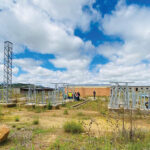
SHARE THIS PAGE!
The World Bank has ordered the Lesotho government to pay back M45 million for the stalled electricity project at Ha Belo Industrial Estate in Botha-Bothe district by the end of the year.
The Principal Secretary in the Ministry of Energy, Tankiso Phapano, this week acknowledged that the influential global bank was becoming increasingly concerned about the project’s prolonged standstill since 2023.
He said the government was last year forced to repay M20 million to the World Bank because there is no meaningful progress at the site.
The Ha Belo electrification project forms part of the World Bank-funded Lesotho Renewable Energy and Energy Access Project (LREEAP), aimed at expanding electricity access in peri-urban and rural areas to drive economic growth. LREEAP also seeks to establish a sustainable framework for rural electrification through mini-grids in remote areas.
The cost of the construction of 60KM, 33kV Line Transmission from Hlotse to Ha Belo and 2 x 10MVA Substationhas since ballooned from about M86 million at inception in November 2021 to about M129 million today largely due to delays, cost overruns, and alleged mismanagement.
Phapano recounted that troubles on the project, a design-and-build model, began in 2020. Under this system, the contractor is expected to design the project and submit it to the client (Ministry of Energy) for approval by before construction and hand over upon completion.
“It was not a Purchase Order Quantity (POQ) project like other government projects,” he noted.
He said after the signing of the contract in August 2021, the project immediately deviated from the 10K model when the contractor, Phaks Joint Venture (Phaks JV), allegedly submitted a different design from what had originally been agreed upon. Work eventually ground to a halt in 2023.
Phapano said when he came into office in January 2024, he initiated several meetings with the contractor to revive the project but without any success.
“Nothing was solved,” he told the Parliamentary Natural Resources Committee during a visit to the site this week.
He said the ministry later discovered that equipment, including transformers and monopoles, had been purchased, despite earlier claims that no equipment payments had been made due to the design dispute.
By the time he visited the site a few months after his appointment as PS, the situation was still the same: no work done, equipment stored away, and no sign of progress.
Phapano further indicated that the government also found itself in a complex position because it had no direct agreements with the equipment suppliers as its relationship was strictly with the contractor.
So, to avoid further delays, it pressured the contractor to ensure the suppliers were paid.
“In some cases, we paid for the same equipment twice. Despite the significant expenditure, no civil works have been completed to date,” he said.
Frustrated by this, the ministry reviewed the contract and ultimately decided to terminate it, Phapano stated. He told the committee that the Attorney General subsequently sought an eviction order after the contractor failed to leave the site. Although Phaks JV was instructed to vacate in September 2024, the company did not comply.
Phapano also pointed out that the termination of the contract was amicable and the contractor was not blacklisted, remaining eligible to participate in future tenders.
“The contractor however, cooperated in returning equipment when requested and was invited to approach the ministry it had any grievances. Much of the equipment, purchased in 2021, was kept in storage by the suppliers,” he added.
Speaking during the same site visit, Leloko Mokhutŝoane, project engineer for the Ministry of Energy said the project was divided into three key components; installation of a transmission line from Ha Mopeli to Ha Belo, installation of a transmission line from Hlotse to Ha Belo, and construction of a power substation at the Ha Belo industrial site.
Mokhutŝoae however, said the contract remained unchanged and was always a design-and-build model.
He noted that the project initially faced challenges because some of the land required for construction still belonged to private owners who had not yet been notified or compensated.
According to World Bank requirements, an Environmental and Social Impact Assessment (ESIA) had to be conducted before construction could begin. The contractor had to pause work until this was finalised, he pointed out.
“Once the ESIA was completed and compensation was issued, the contractor returned to the site. The project had been expected to last 18 months, but this timeline was never met.
“The contractor also faced financial difficulties paying for equipment ordered from China. The government eventually stepped in to help settle outstanding balances so suppliers could release the goods,” Mokhutsoane said.
He added that more than M3.3 million was still needed for additional equipment, including M1.3 million for transformers and M600 000 for monopoles.
“The equipment remained with suppliers for an extended period, making payment arrangements difficult,” he explained.
In June this year, Prime Minister Sam Matekane announced that an additional M50 million would be required to complete the project.
In a statement released on 8 October 2025, the ministry blamed the project’s cost overruns on mismanagement and poor administration.
“The project ended up surpassing the agreed budget because of bad administration. It was discovered that the contractor was paid money he did not deserve,” the statement read.
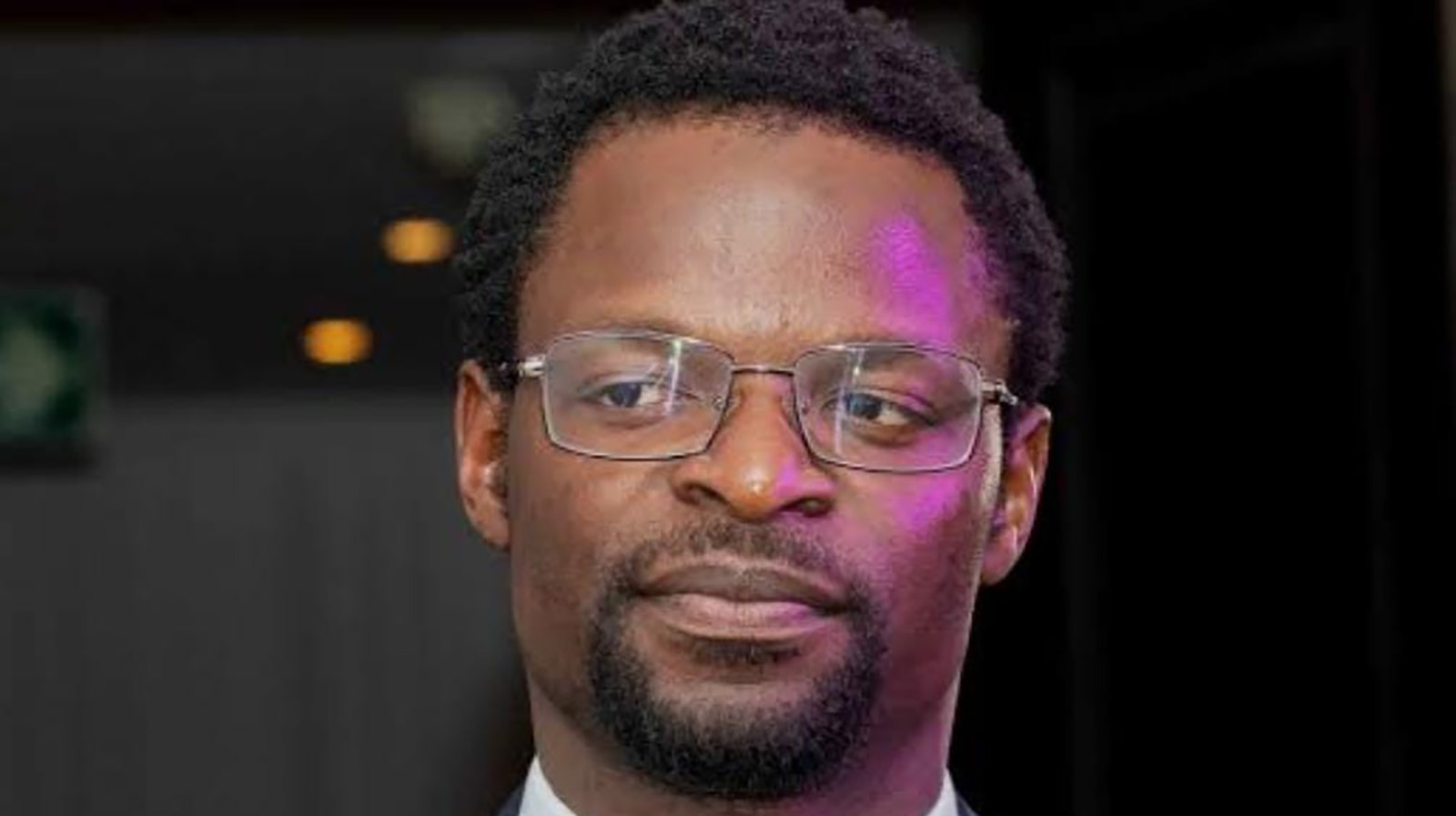

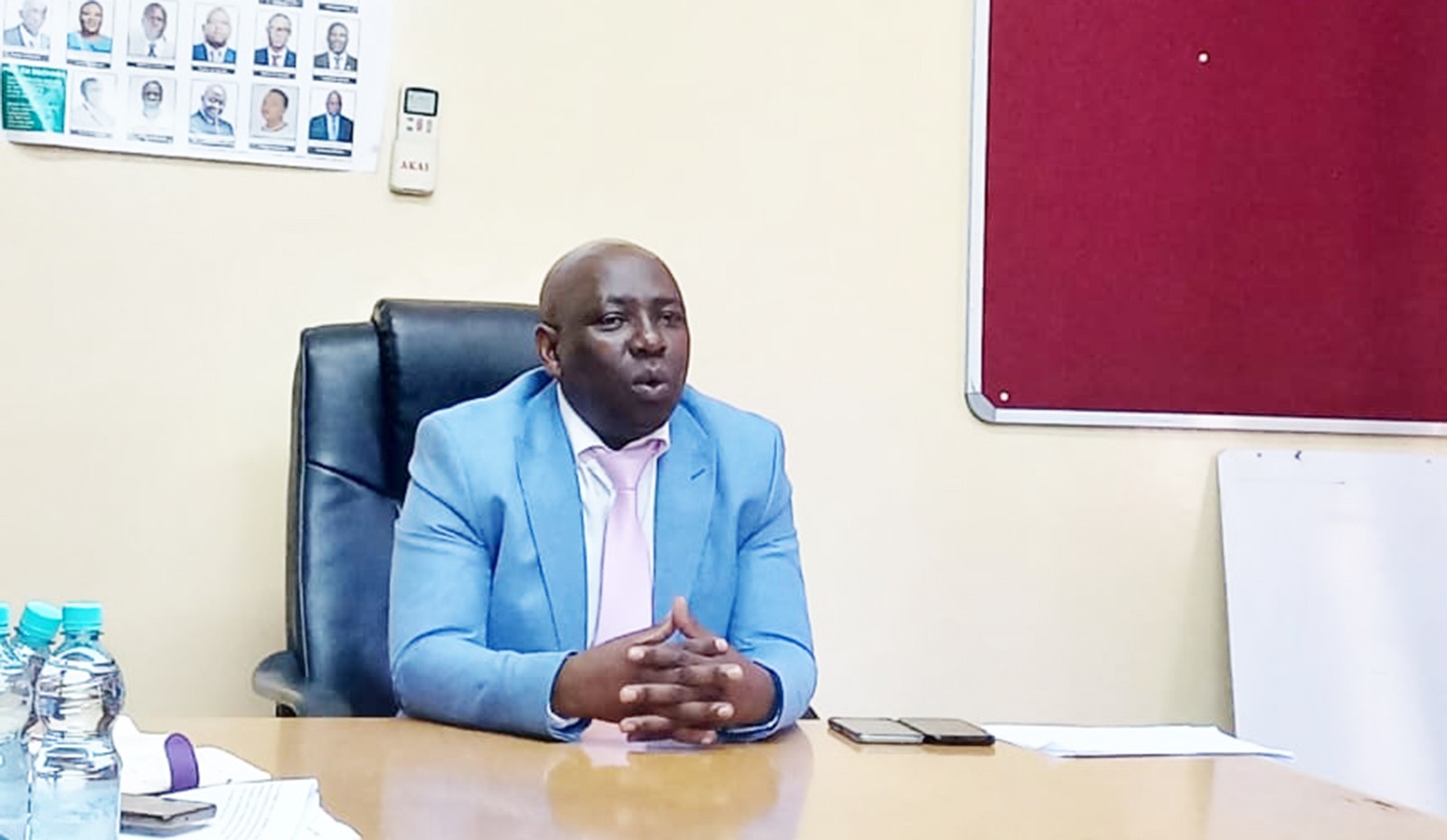
Govt injects M900m to boost agriculture
6 days ago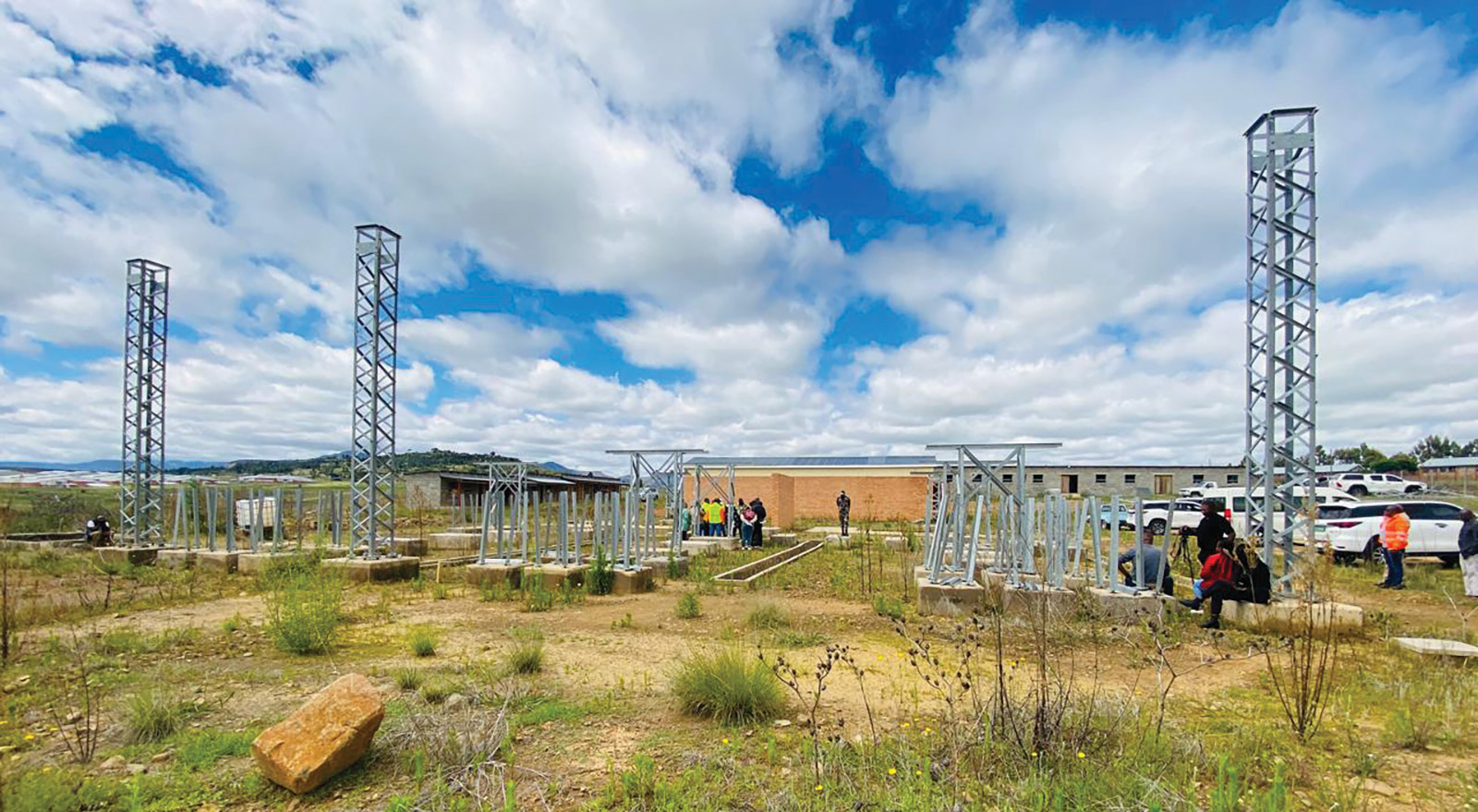
The Ha Belo conundrum
6 days ago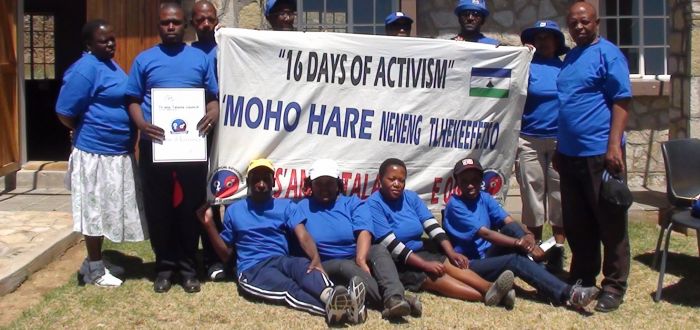
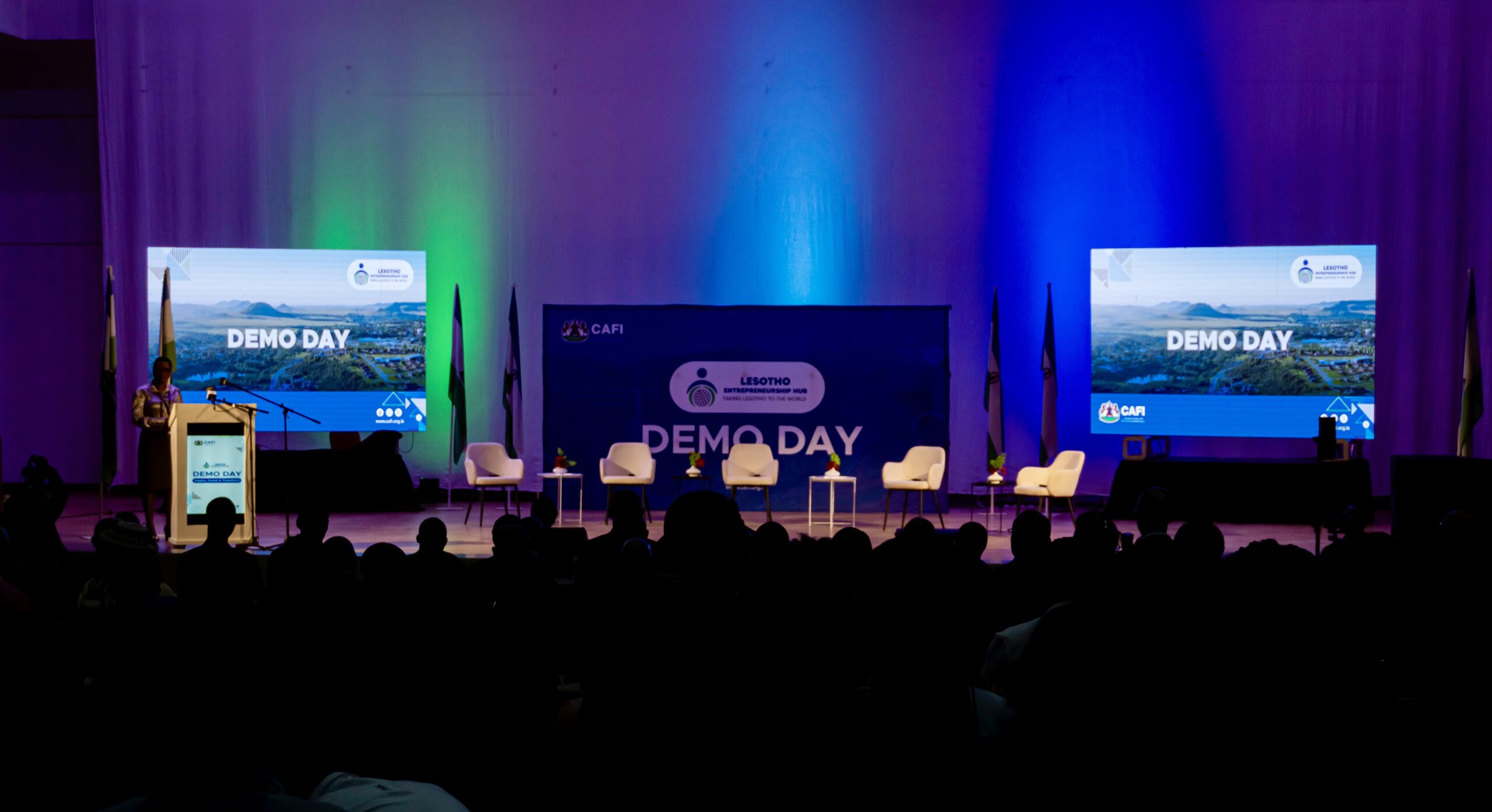
Govt committed to inclusive entrepreneurship
9 days ago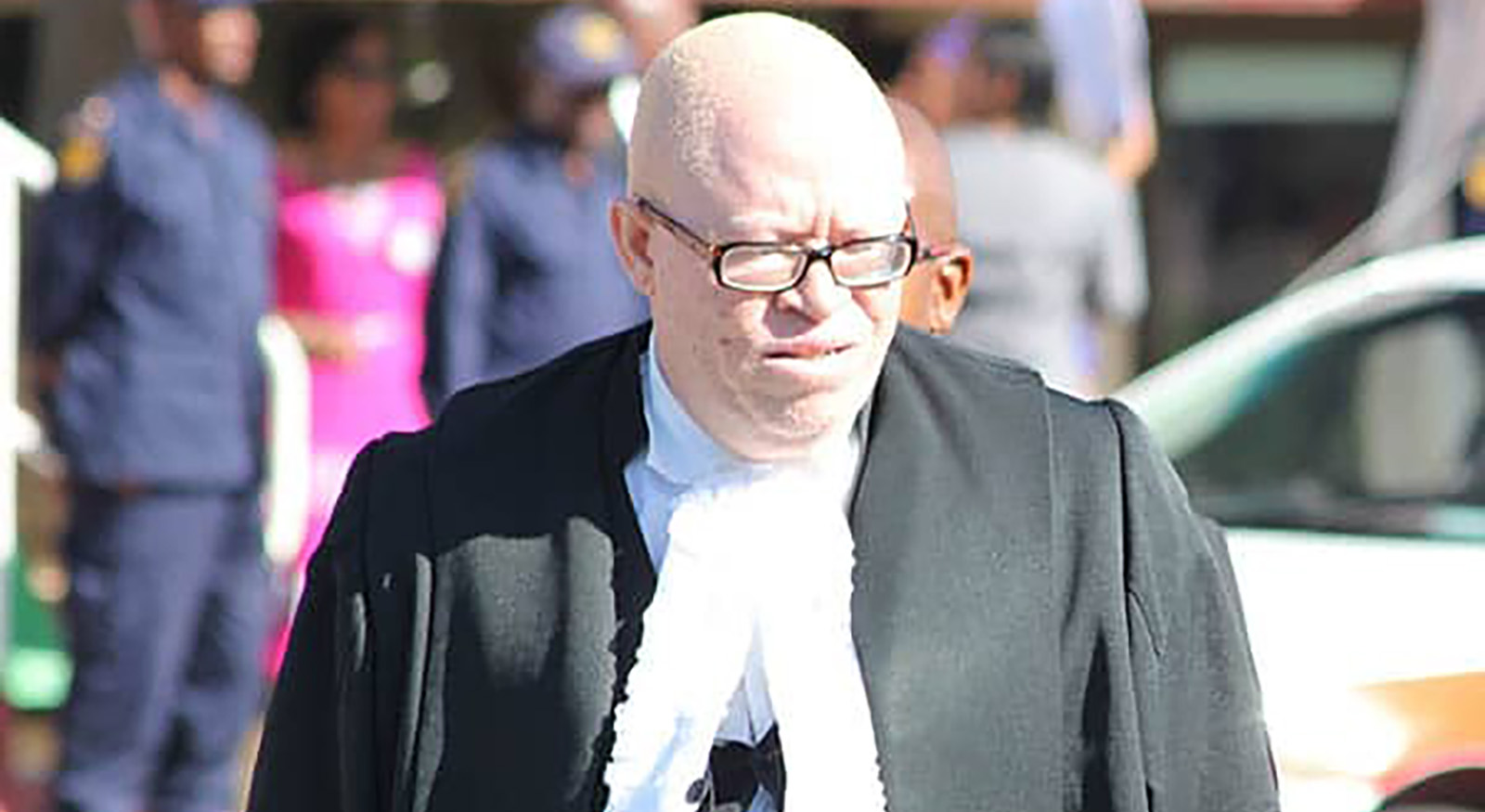
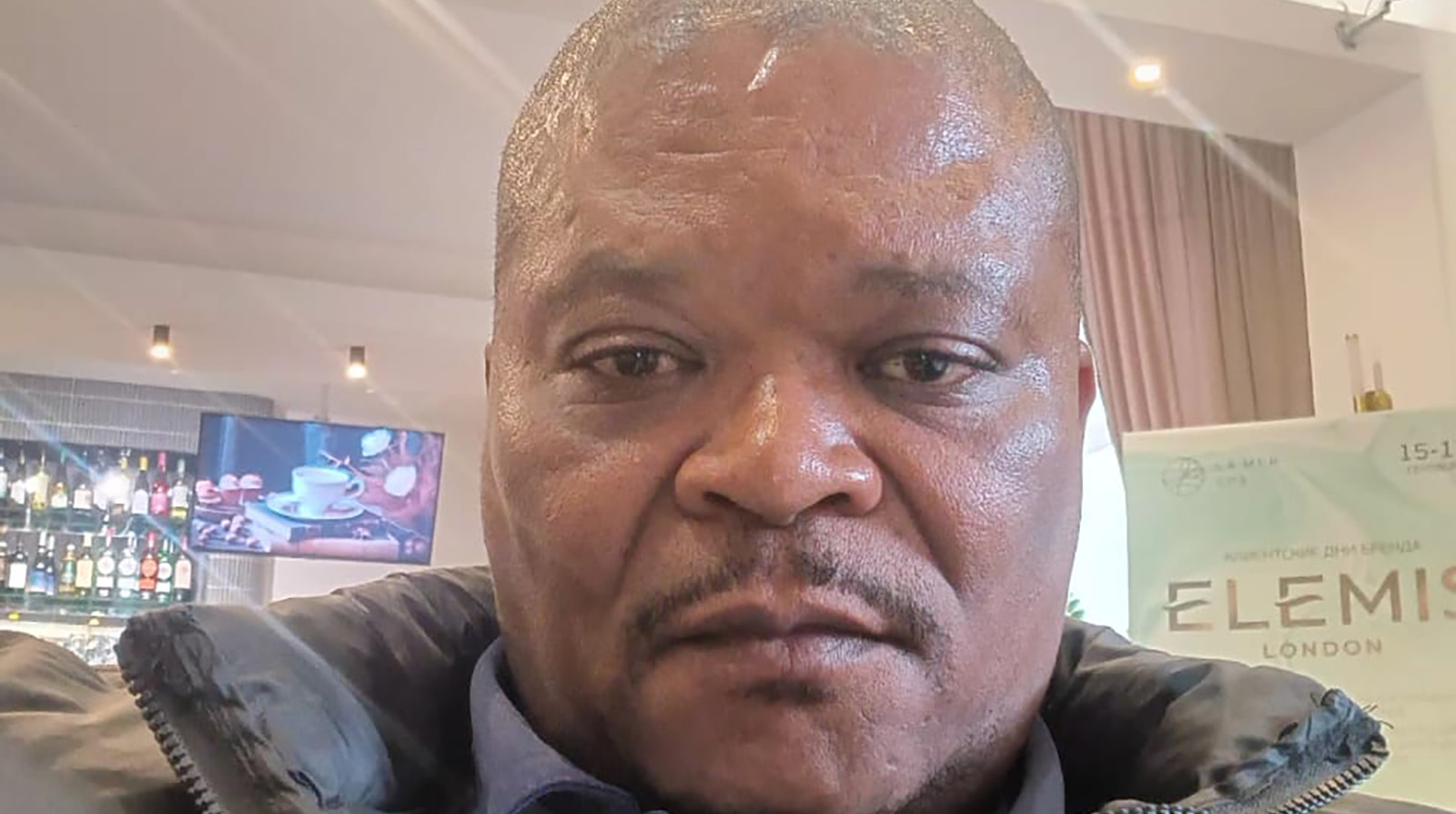
TVET institutions play crucial role: Mokotjo
10 days ago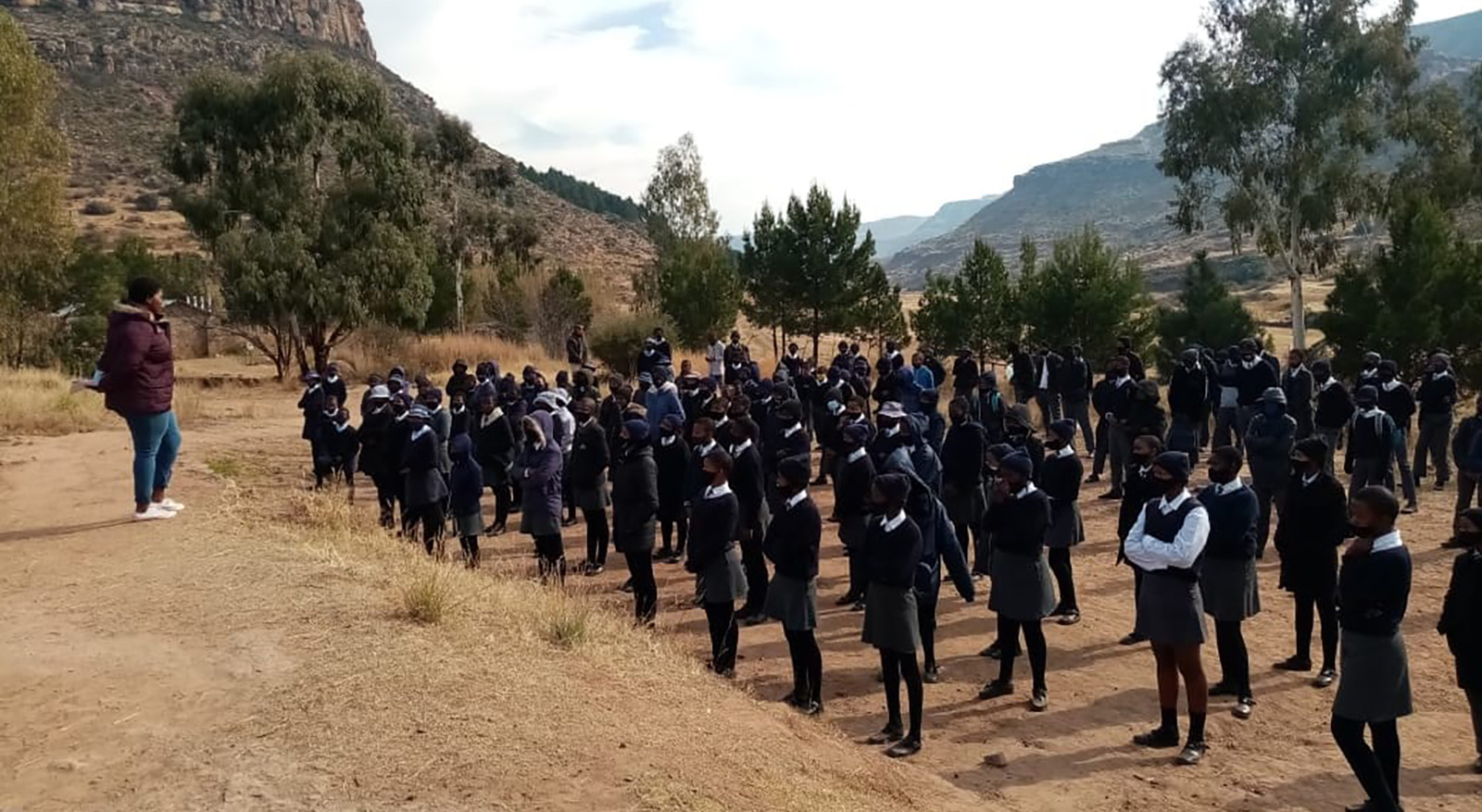
NECDOL urges action against child abuse
10 days ago
Nedbank injects M1m into race
12 days ago